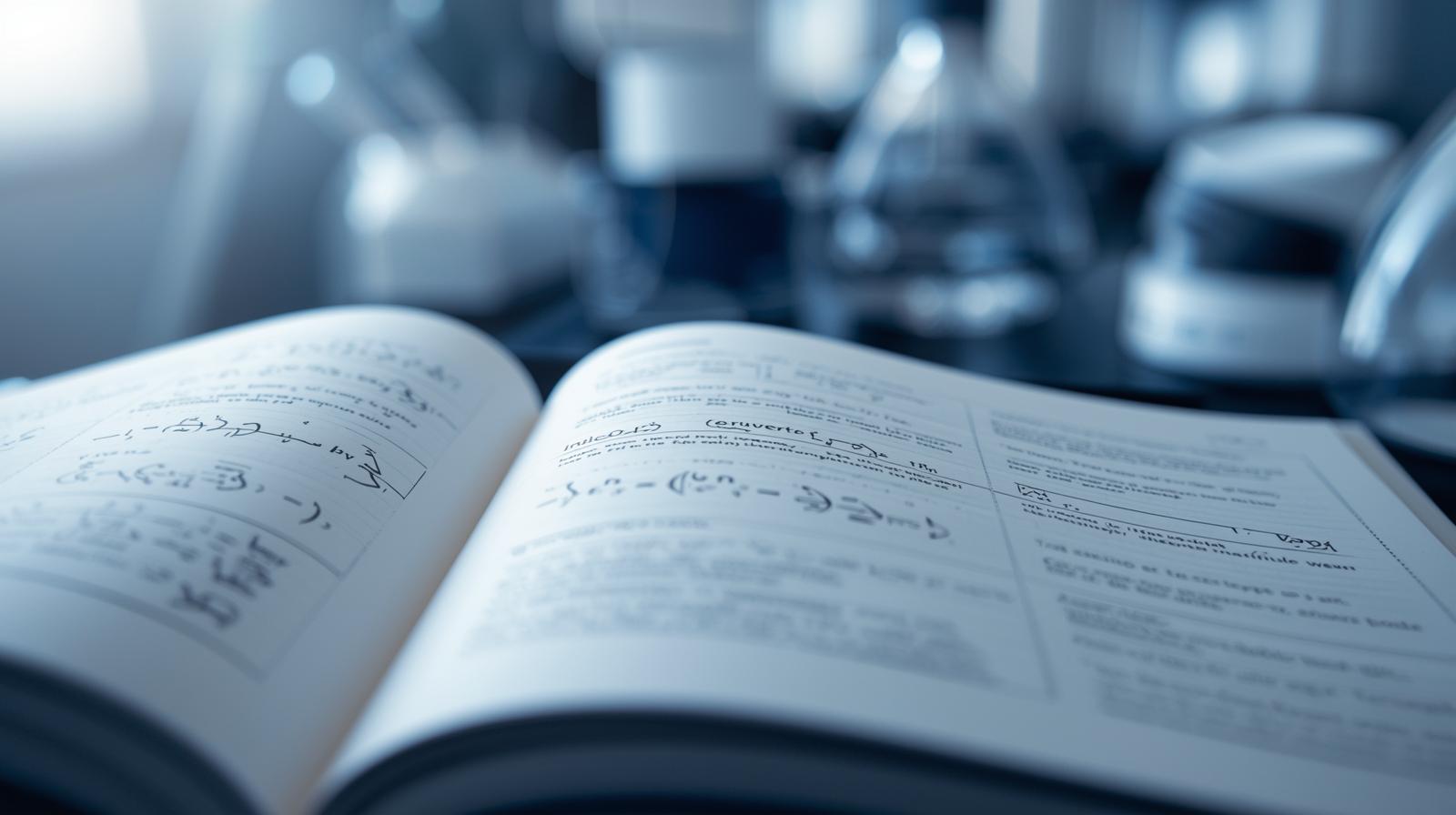
First academic publications now available
The CivicArt project has published its first academic materials presenting experience and methodology of using art in youth civic education.
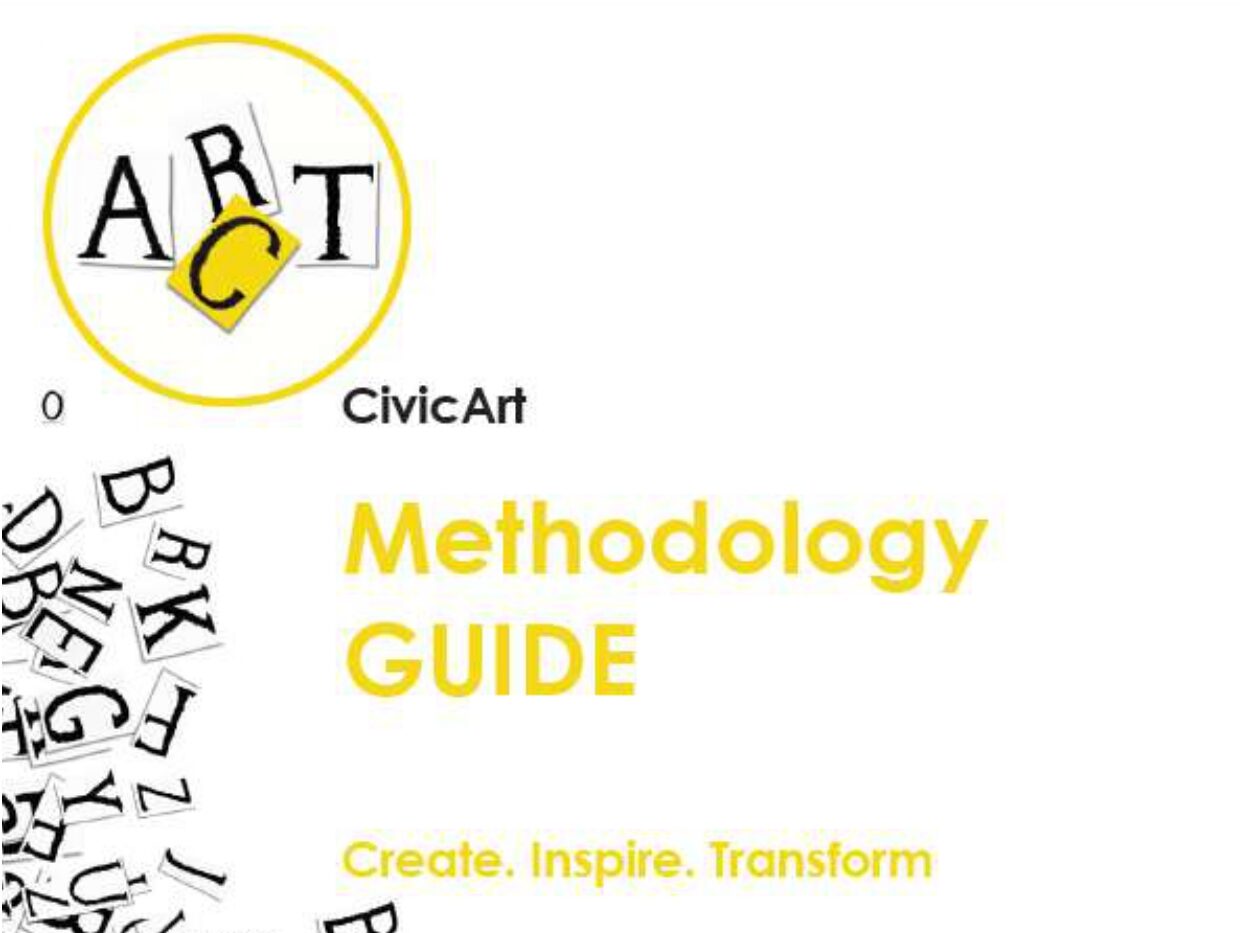
With joy and excitement, we present our Methodology Guide — a practical tool for youth workers, educators, and activists who want to combine civic education with artistic practices.
The guide brings together the experience of partners from Ukraine, Georgia, Germany, and Spain, offering concrete methods for working with young people through art. Here you will find context descriptions and methodology, ready-to-use training session plans, theoretical materials, and practical tips for facilitators.
The guide consists of seven chapters covering the full journey from theory to practice:
Each chapter ends with a Quick Reference Card — a summary card with key ideas that’s convenient to use when preparing sessions.
You don’t need to read the guide from cover to cover. You can choose a chapter or specific activity depending on your needs. Each session includes a clear aim, learning outcomes, step-by-step instructions, and a list of required materials.
By completing each chapter, you can earn a digital Open Badge through the Cities of Learning platform, confirming your learning.
The Methodology Guide is available in Ukrainian, Georgian, and English. You can download it from our website in the “Library” section.

The CivicArt project has published its first academic materials presenting experience and methodology of using art in youth civic education.

We are excited to release the CivicArt Methodology Guide — a practical, hands-on companion for youth workers, educators, artists and activists who connect civic learning
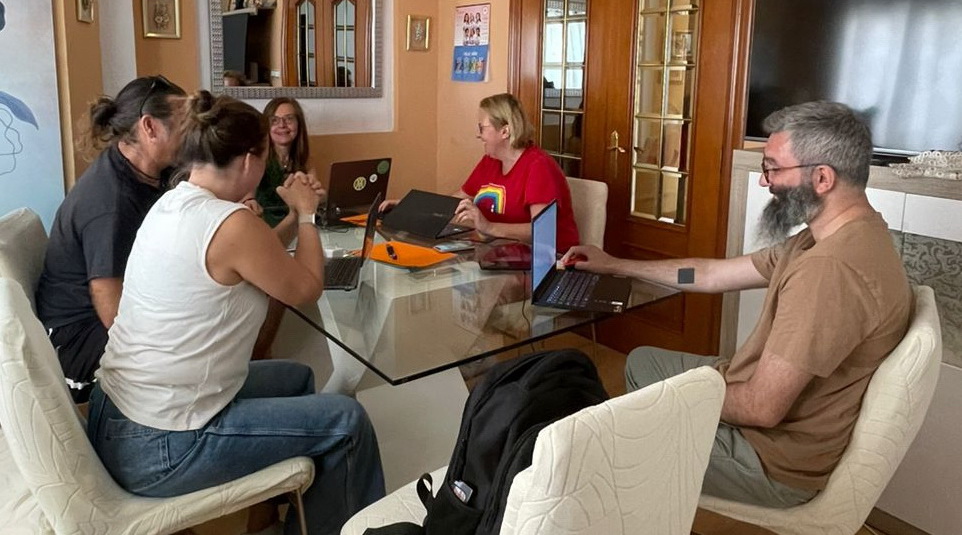
On September 12–13, 2025, the consortium partners gathered in Alicante, Spain, for an interim steering committee meeting. Representatives from Ukraine, Georgia, Germany, and Spain came
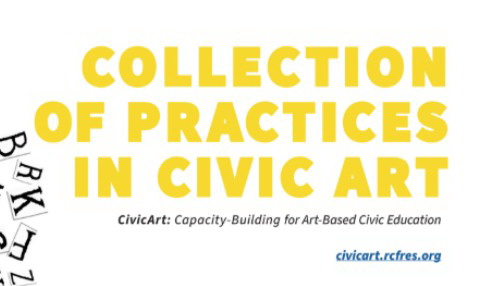
The CivicArt team has prepared a collection of good practices in artivism, which we invite you to explore in the CivicArt Library.
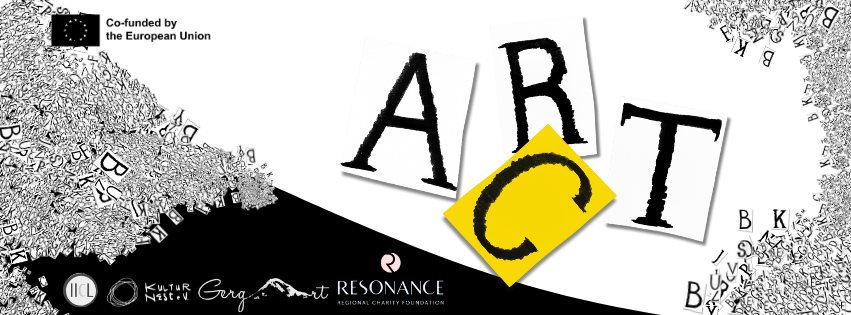
This block of activities is aimed at raising awareness of the role of art and artivism in the development of civic education, demonstrating successful examples of artivism, and inspiring the use of project products.
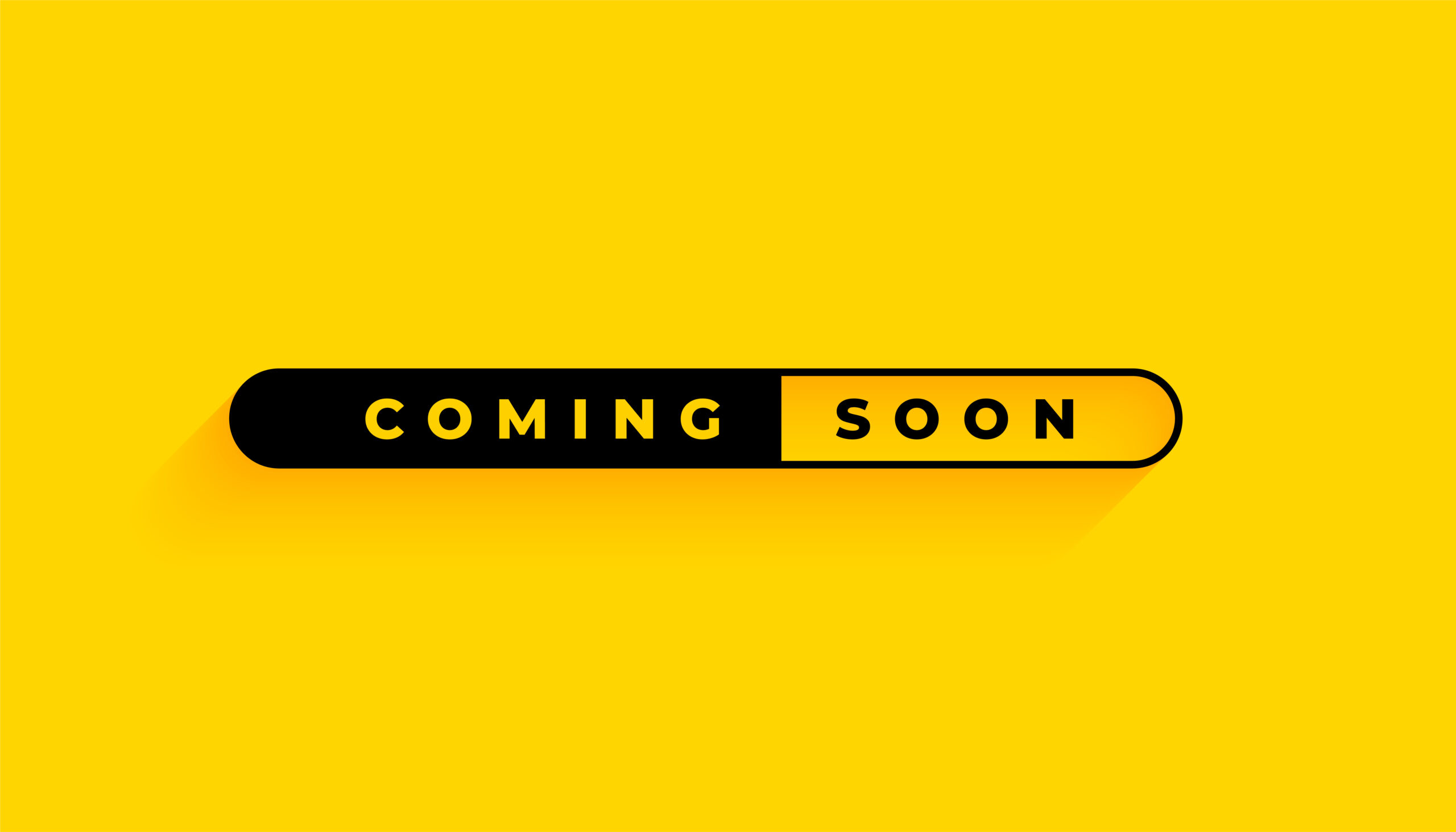
The meeting will be aimed at formalizing the international CivicArt Alliance network. The event brings together representatives of the Consortium and their partners, including representatives of formal education institutions, artists, and youth NGOs that participated in the project activities. The total number of participants is 20 persons.

Local activities are scheduled for the first half of 2026. Participants of the study visit and training course will have the opportunity to practice the newly developed competencies in their communities.

Estimated timeframe – April-June 2026. The campaign is part of the follow-up training activities. Participants will be invited to create digital artistic content that contains an educational component.

The estimated date of the training is February 2026. The call for participants will be announced in October 2025. The training will aim to strengthen the capacity of youth workers from Ukraine and Georgia to implement non-formal civic education activities through artistic tools.
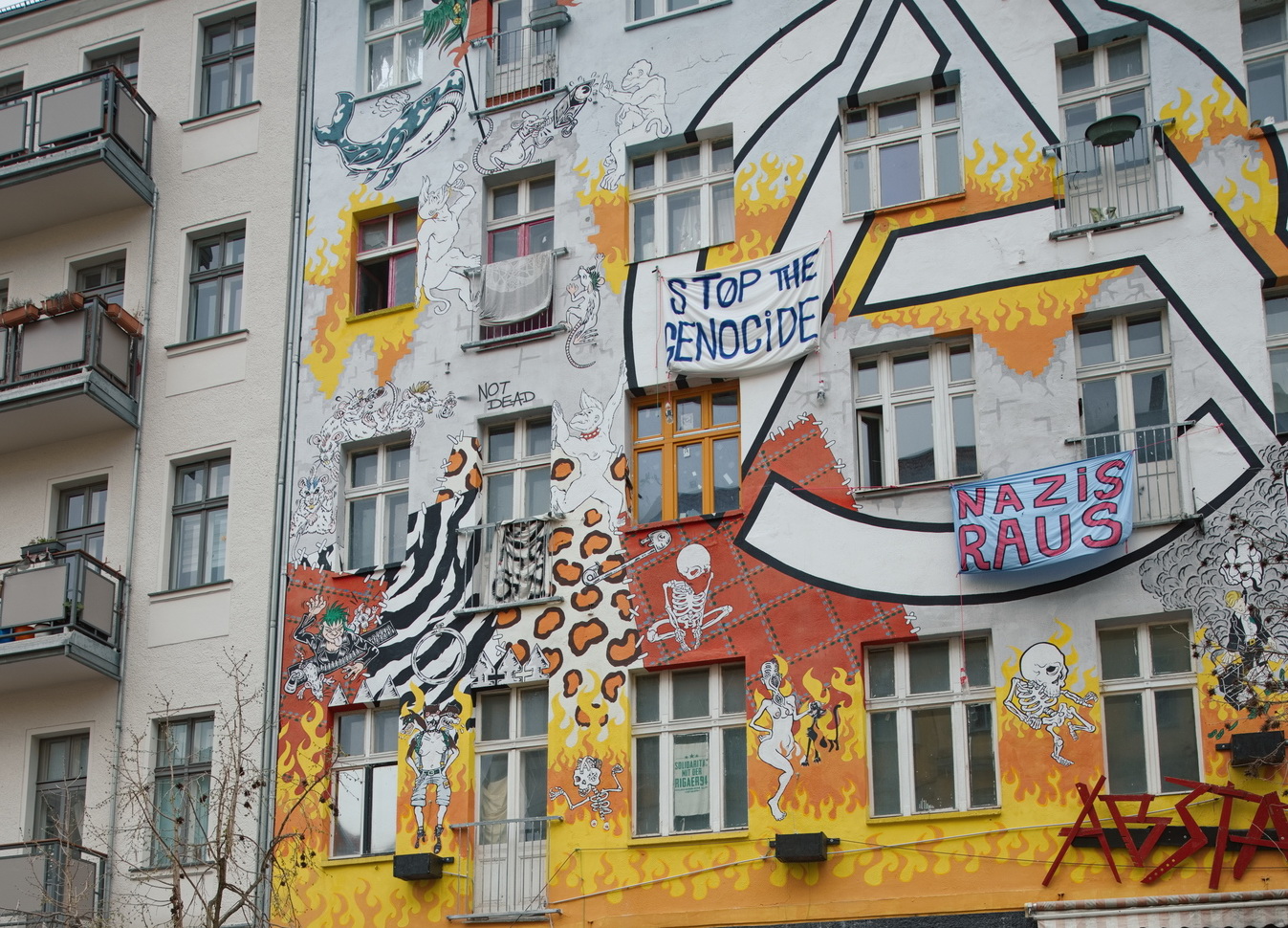
In March 2025, CivicArt brought together young changemakers from across borders in Berlin to explore the power of artivism – where art becomes a tool for civic education, dialogue and transformation. This documentary captures the full journey – creative workshops, inspiring conversations, moments of reflection and the spirit of collective action.
Co-funded by the European Union. Views and opinions expressed are however those of the author(s) only and do not necessarily reflect those of the European Union or the European Education and Culture Executive Agency. Neither the European Union nor the granting authority can be held responsible for them.
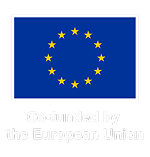
Accessibility
visibility_offDisable flashes
titleMark headings
settingsBackground Color
zoom_outZoom out
zoom_inZoom in
remove_circle_outlineDecrease font
add_circle_outlineIncrease font
spellcheckReadable font
brightness_highBright contrast
brightness_lowDark contrast
format_underlinedUnderline links
font_downloadMark links